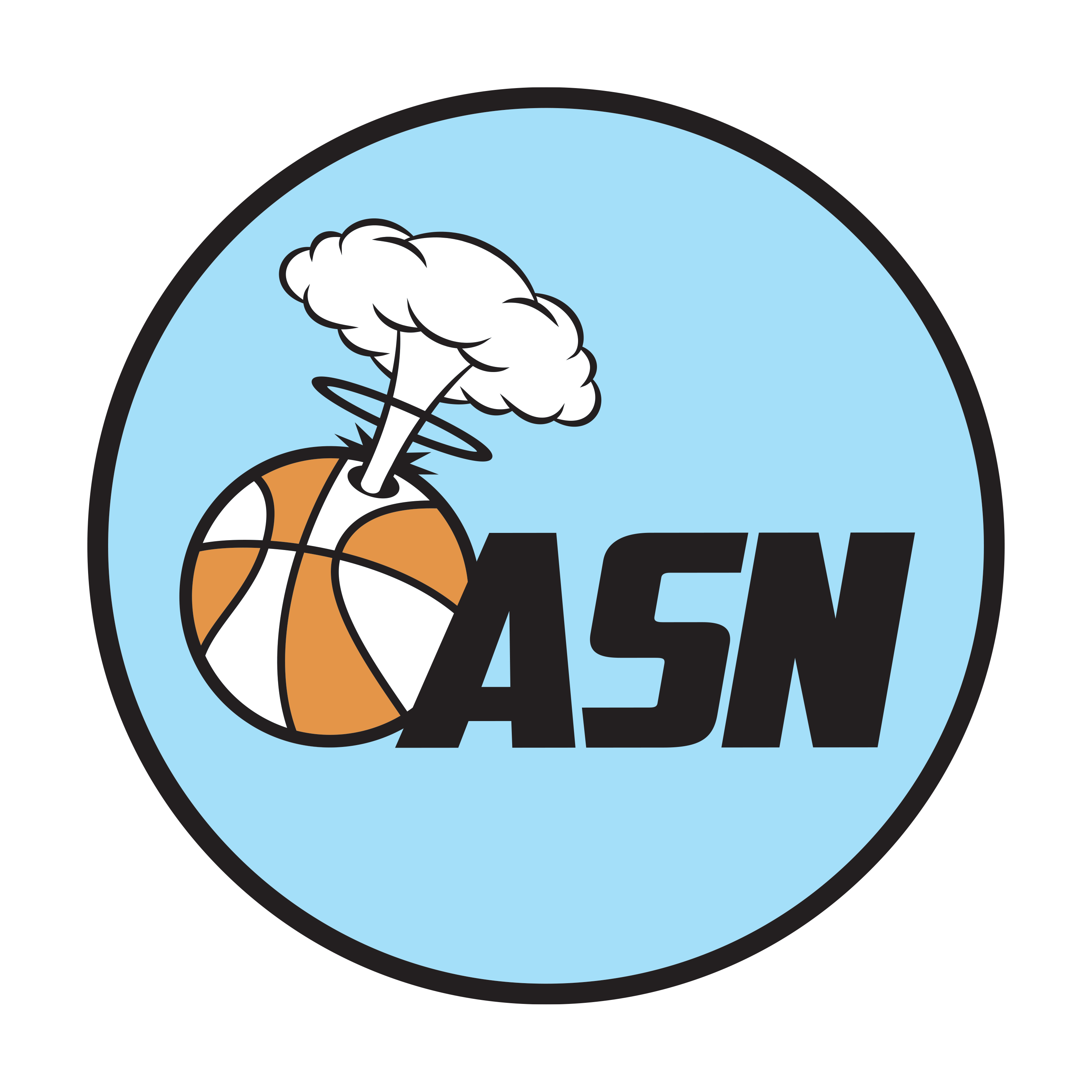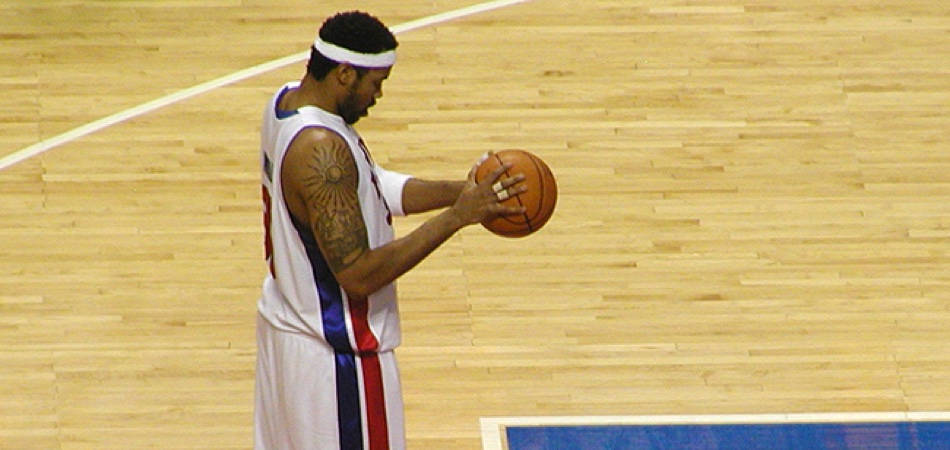Before we begin, there are some unfortunate tech issues that are making podcasts difficult this week. Back in the saddle next!
My sports brain is almost entirely occupied by the New York Yankees and the National Basketball Association, and if you let me start going on about the Yanks—my God this team is good, and if Manfred blows this season I’m going to throw garbage on his lawn—I won’t stop until the room is clear. So today, I’ll talk about the NBA.
As part of a weekly post I write for the non-golf vertical at Golf Digest, I wrote on Monday about how I’m gaining an appreciation for the Houston Rockets, which is not something I ever thought possible. I loathe them. I especially loathe James Harden. But after watching him shut down Porzingis and Giannis at the end their big wins against Utah and Milwaukee, even though he’s supposed to be a terrible defender, there’s a grudging, reluctant appreciation growing, and I can’t resist.
Part of the reason I’m allowing myself to go there, though, is the knowledge that deep down, I know the Rockets have missed their championship window. They held a 3-2 lead in the western conference finals against the Warriors in 2018, but Chris Paul went down with a hamstring injury, the Warriors crushed them in game six, and then won game seven on the road. That was the year—the Dubs swept the weak Cavs in four games in the finals, and the Rockets would undoubtedly have done the same. A decade or more of analytics-based team building and tactics had built to that year, but they couldn’t quite reach the mountaintop, and now it’s likely they never will. If Harden wins a title in his career, it will be because he switches teams. In other words, it’s safe to like them, at least a little.
At the same time, I’ve been thinking of potential championship teams this year, and going back to an old conversation I had with a friend about how if you look back at past champs, you will almost never find a team without a genuine superstar. A quick tour:
2019: Kawhi Leonard
2018: Steph Curry
2017: Steph Curry
2016: LeBron James
2015: Steph Curry
2014: Tim Duncan, Kawhi Leonard
2013: LeBron james
2012: LeBron James
2011: Dirk Nowitzki
2010: Kobe
2009: Kobe
2008: Kevin Garnett, Paul Pierce
2007: Duncan
2006: Dwyane Wade, Shaquille O’Neal
2005: Duncan
2004: __________
2003: Duncan
2002: Shaq, Kobe
2001: Shaq, Kobe
2000: Shaq, Kobe
1999: Duncan, Robinson
And as you get into the ’90s and ’80s, it’s all Jordan, Pippen, Hakeem, Isiah, Larry, Magic, and Kareem, with Moses Malone thrown in the one year the Sixers won. I won’t belabor the point, but it’s remarkable how you can trace this back through history, all the way to the third NBA championship when George Mikan led the Minneapolis Lakers to the title. There are almost no exceptions.
Point being, it’s hard to find a year in which there’s a championship team without a true legend of the game. It’s more than just a hall-of-famer—it’s someone transcendent. Which makes sense, because basketball is the game in which one individual can have the most influence. I wouldn’t call this a profound observation, just mildly interesting in the sense of how impossible it seems to win a title without one of the greatest players in NBA history.
In the list above, if you were going to quibble, you might take greatest umbrage with the 2008 Celtics. But I would argue back that Garnett and Pierce are both in the top 20 of all-time scorers in the NBA, and that while not on the exact same level as Curry or LeBron, they deserve to be on that list.
But the eagle-eyed reader will notice that there’s one year missing: 2004.
That’s the year when the Detroit Pistons beat the Los Angeles Lakers in the finals, essentially ending that iteration of the L.A. dynasty. Their opponents had three legends of the game—Kobe, Shaq, and Karl Malone taking his last crack at a title. The Pistons had none. They were led by Rip Hamilton, Chauncey Billups, Rasheed Wallace, and defensive great Ben Wallace. None of whom rise to superstar level, or anywhere really close. None of whom would earn even a passing mention if they remade the NBA’s 50 Greatest Players list. And they were facing what appeared to be a juggernaut, even if in reality it was a disintegrating one.
I was a junior in college, and I have exactly one memory of that series, which is that on June 15, 2004, I was at a Shins concert at the Cat’s Cradle in Carrboro, NC, when one of the band members announced that the Pistons had won. I remember people cheering, and I remember feeling faintly happy, since everyone outside of L.A. loathed the Lakers. But I didn’t watch a single minute of the series—college was happening—and I sort of wish I had.
Because it’s historic, in a way. It wasn’t a dramatic series, finishing in five games, but it’s one of the only times in NBA history when a superstar-less team managed to get it together for a full year and win the title. The Pistons were the 3-seed in the east that year, although they had the second-best record after the Pacers, and when they met the Nets in the conference semis, they actually trailed 3-2 and had to face an elimination game on the road. But Jason Kidd and Kenyon Martin were terrible in that game, the Pistons held them in a defensive headlock, and then went on to win Game 7.
In the finals, against the Pacers, they rounded into supreme defensive form, holding their rivals under 80 points all but once, and keeping them below 70 in three of the six games. It looks like dull basketball, and I’m sure it was. This was about five months before the two teams would play in the famous Malice at the Palace game, and the scores alone—69-65 in the deciding game six—show exactly what kind of a grind it was.
The Lakers came in that year as the two-seed, but thumped Kevin Garnett’s best T-Wolves team in six games in the western finals, and rolled into the championship as significant favorites. Didn’t matter—the Pistons almost won two at the Staples Center, only dropping the second game in overtime when Kobe Bryant hit a game-tying three with two seconds left in regulation.
After that game, Chauncey Billups told his teammates, “we’re not coming back to L.A.,” and he was right. They absolutely locked down the Lakers defensively over the next three games in Detroit, rendering everyone not named Shaq or Kobe basically useless, and took a shocking title. Larry Brown became the first coach to win both an NCAA D1 and NBA title, Karl Malone’s career came to an end, and the Shaq-Kobe partnership was officially kaput.
It could be a very, very long time before we see their like again. This year, you could argue that the Raptors have a chance to pull it off, but all the other likely title contenders will continue the long, almost unbroken procession of superstar-led champs. Looked at in that light, the Pistons are one of the great anomalies in North American professional sports.


